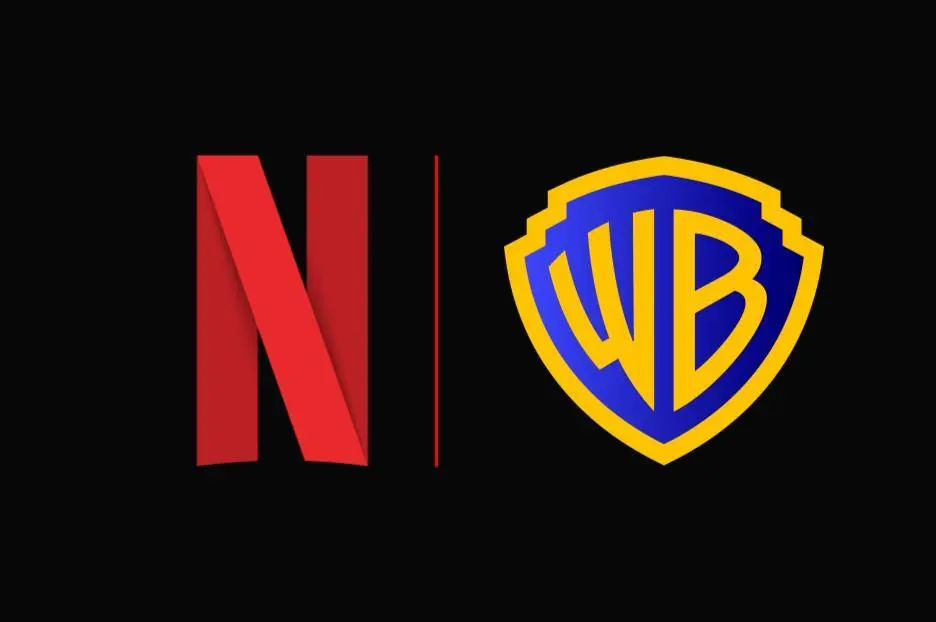Trump’s Instant Influence Over the Stock Market

Jan 06 | 2017

On Thursday afternoon, President-elect Trump took aim at yet another car company’s plans for foreign production. His latest target, Toyota, revealed plans back in 2015 to build a new manufacturing plant in Guanajuato, Mexico. Trump’s tweet about the matter stated, incorrectly, that: “Toyota Motor said it will build a new plant in Baja, Mexico, to build Corolla cars for U.S. NO WAY! Build plant in U.S. or pay big border tax.” This comment came just a few hours after the president of Toyota, Akio Toyoda, told The Wall Street Journal that he’d like to work with the Trump administration and that their goals were oriented in the same direction.
The article said that Trump’s group had made no comments about Toyoda’s statements. Within a few hours, that had changed. By the next day, Toyota’s stock had dropped 0.7% before rebounding to open Friday down 0.4%.
Twitter: @CNBC
Trump’s tweet looked familiar and so did the market’s reaction. On Tuesday, Trump targeted another auto company: “General Motors is sending Mexican made model of Chevy Cruze to U.S. car dealers-tax free across border. Make in U.S.A.or pay big border tax!” Following that threat, GM saw only a small and brief drop in stock price.
On the same day, however, Ford took advantage of the attention to domestic manufacturing and announced that it would cancel plans for its new plant in Mexico, instead focusing the money on its existing efforts in Michigan. Their stock jumped 2.5% after the news.
While Ford celebrated gains from its announcement, other companies had already felt even more severe pain from Trump’s social media machine. In December, he tweeted: “The F-35 program and cost is out of control. Billions of dollars can and will be saved on military (and other) purchases after January 20th.” While that won’t be proven true until his term officially begins, the company making the fighter jets immediately saw billions of dollars move. Lockheed Martin’s stock fell 4% after the tweet and, almost instantly, $3.5 billion disappeared from its value.
With another tweet, announcing that he would cancel the new Boeing Air Force One order, Trump sent Boeing’s stock falling 1.5% (it eventually recovered). In fact, the entire defense sector of the S&P 1500 dropped by the same percentage after his F-35 tweet.
It is totally unclear what effects Trump will have on domestic and global markets in the long run, but these instant, short-term bursts of movement triggered by 140-character messages signal a future of volatility for companies interacting with any part of Trump’s plans. Whether the consequences are positive or negative for a company’s market value, it is apparent that the Trump effect is becoming a strategy that companies will have to learn to play in either direction.
He will also be an important factor for investors weighing stock trades and looking for potential buys. The hit to Boeing provided a small buy window that will have already paid off for anyone brave enough to have nabbed it. Investors will have to examine more closely their portfolios’ connections to the Trump administration. With such rapid market reactions already evident, Trump’s Twitter account is looking like an additional and unprecedented volatility factor for 2017.










